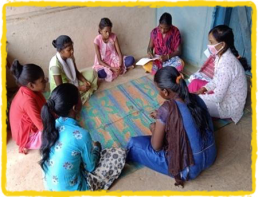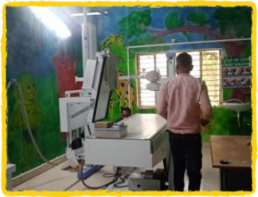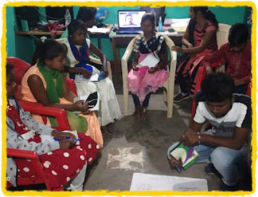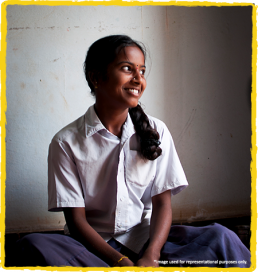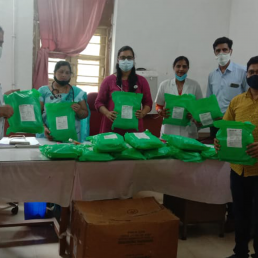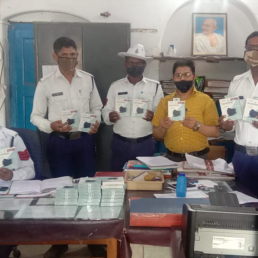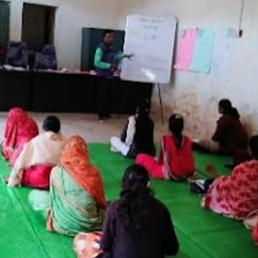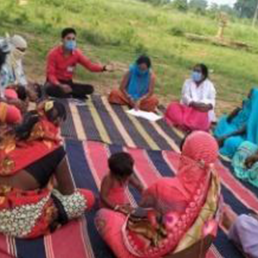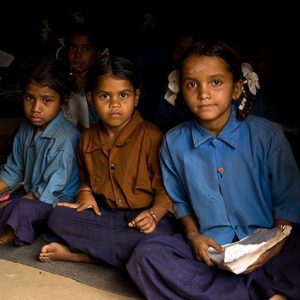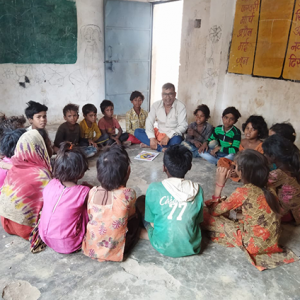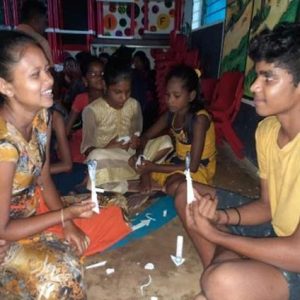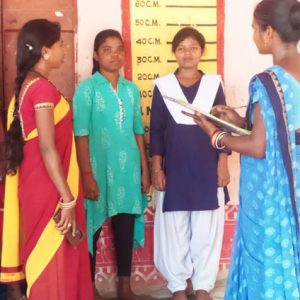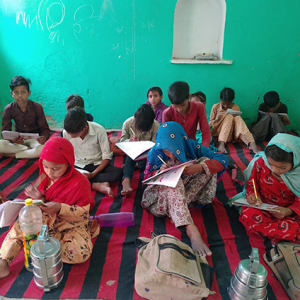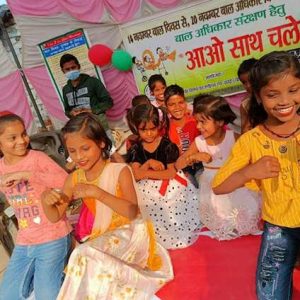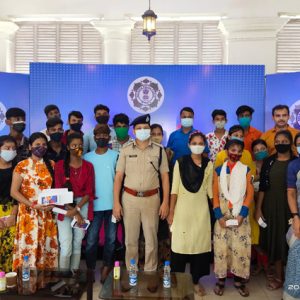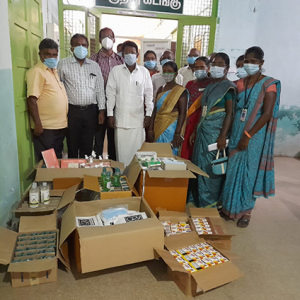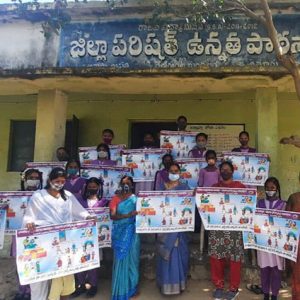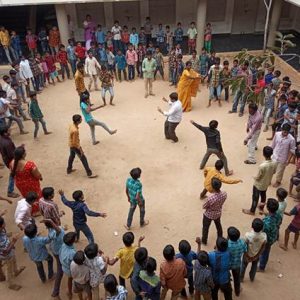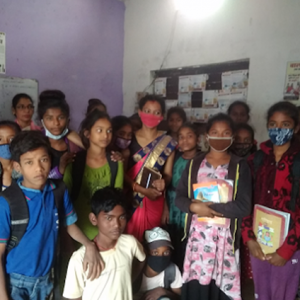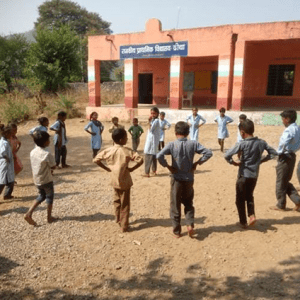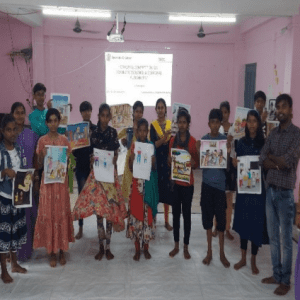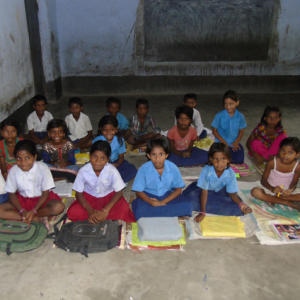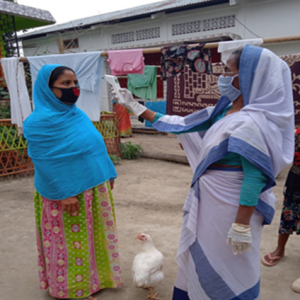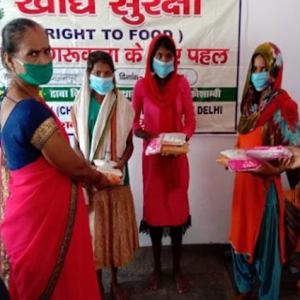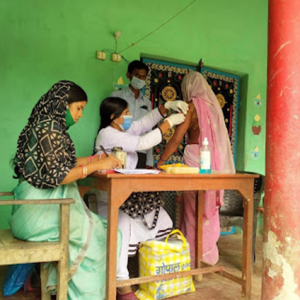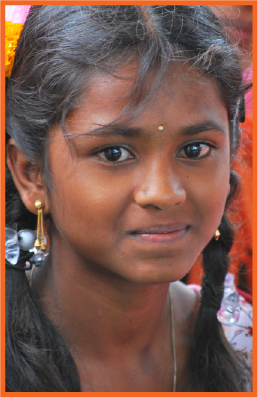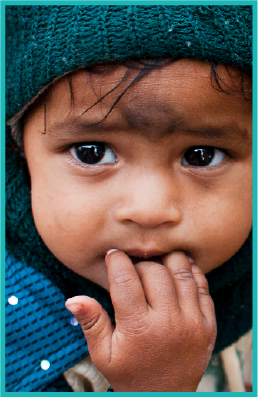Campaign Story
About the project
In Korba, Chhattisgarh education and malnutrition are two very huge problems faced by the communities living there. Lack of access to quality education and infrastructure results in children dropping out of school and getting involved in labor.
Making a difference
CRY America’s project GMSSS works towards creating children’s collectives, sensitizing the SMCs, ensuring children in the age of 3 to 6 years attend preschool and teacher learning manual support is provided to teachers. The key activities under the project are vulnerability mapping, awareness generation for anemia testing, and construction of AWC and school in Sardih.
The way forward
● All 18 School Management Committees will be activated following the RTE norms.
● 192 Meetings (1 meeting by all 16 community monitoring groups) every month.
● 20 dropout children enrolment in school/ NIOS (6-18 years)
● Enrolment in certified vocational trade for 20 adolescents
● 5 students from grade XII to be enrolled in college.
● At least 10 children to be linked with ITI and computer certified vocational courses.
● Ensure 100% institutional delivery
● Tracking of all pregnant women for complete immunization
● Ensure monthly VHND in all 22 Anganwadi Centers with growth monitoring in at least 50% of the centers
● Tracking of all children (0-1 years) for complete immunization
● Ensure 50% Anganwadi Centers have kitchen gardens
● Sensitization of SMC members on CR and COVID-19 issues through regular meetings
● Building 32 adolescent collectives with 480 adolescents girls as members
● Ensuring 100% grade transition from class V to VI
● Tracking of all pregnant women for immunization
● Organizing health camps with follow-up from Health department as well as block level and Panchayat officials
Project Impact

10
School Management Committees strengthened

972
children active in 26 children collectives

494
girls in 24 adolescent girl’s collectives

1436
children in 6-18 age group re enrolled in school

1007
children linked to scholarship programs

109
children immunized

92
institutional deliveries conducted

45
moderately malnourished children moved to normal weight

250
children benefitted from 22 kitchen gardens












